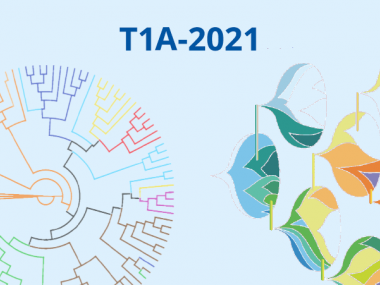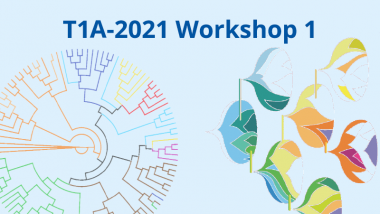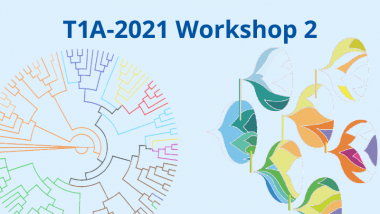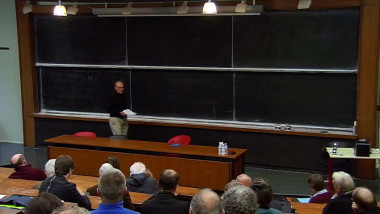Collection 2021 - T1A - Quantitative evolution, phylogeny and ecology : from models to data and back
The basic laws of evolution are simple: mutations generate variation, while genetic drift, recombination, migration and selection change the frequencies of the variants. Yet even in very simple circumstances, it is often surprisingly difficult to predict how these forces will act on millions of individuals to collectively determine the course of evolution in a population. This has left important gaps in our ability to learn from the genetic variation we see in nature. The dramatic increase in the amount of sequence data makes quantitative comparisons to predictive models accessible. As in many other fields, machine learning promises to solve this problem. However, even if we identify patterns of variation using these techniques, and we are able to generate datasets that have the same properties as real world data, this does not necessarily help us build a quantitative and predictive theory of evolution.
Our program will bring together biophysicists, bio-mathematicians and statisticians with biologists and other researchers working in population genetics to explore the interfaces of data and theory in evolution. The last century has brought about mathematical descriptions of evolving systems and ecological communities. At the same time, mainly thanks to the revolution in sequencing, evolution, whether at the molecular or organismal scales has recently become an extremely data rich field, which leads to advances in inference methods. However, there is a large disconnect between theory and data. Our goal is to foster dialogue between these two sub-domains that deal with the same phenomenon.
Organizer(s) Bitbol, Anne-Florence ; Loverdo, Claude ; Tikhonov, Mikhail ; Walczak, Aleksandra
Date(s) 11/01/2021 - 19/02/2021
linked URL https://indico.math.cnrs.fr/event/5760/















